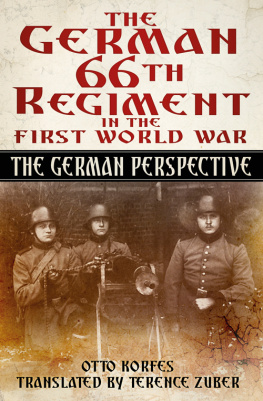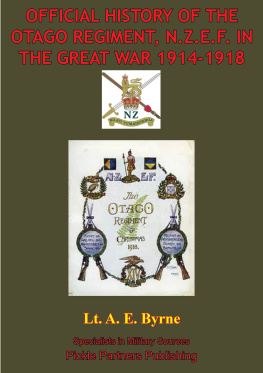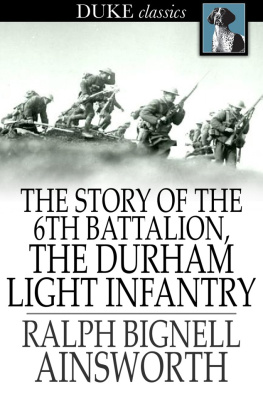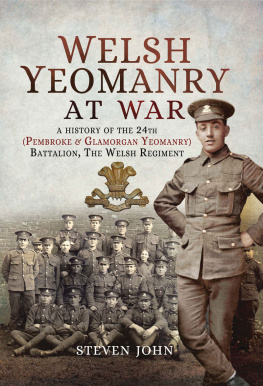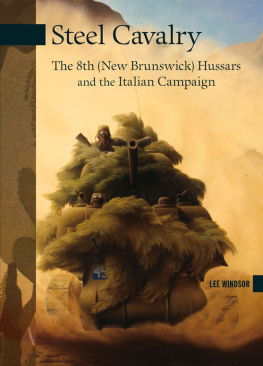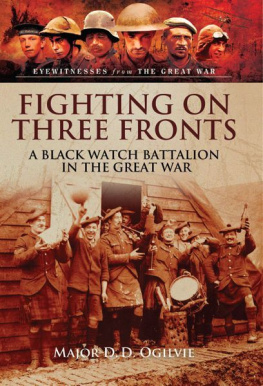A Gallant County For the descendants of all those who served in the Gloucestershire Regiment or the Royal Gloucestershire Hussars during the First World War.
A Gallant County
The Regiments of Gloucestershire in the Great War
Robin Grist
First published in Great Britain in 2018 by
Pen & Sword Military
An imprint of
Pen & Sword Books Ltd
47 Church Street
Barnsley
South Yorkshire
S70 2AS
Copyright Robin Grist 2018
ISBN 978 1 52673 607 9
eISBN 978 152673 608 6
Mobi ISBN 978 152673 609 3
The right of Robin Grist to be identified as Author of this work has been asserted by him in accordance with the Copyright, Designs and Patents Act 1988.
A CIP catalogue record for this book is available from the British Library.
All rights reserved. No part of this book may be reproduced or transmitted in any form or by any means, electronic or mechanical including photocopying, recording or by any information storage and retrieval system, without permission from the Publisher in writing.
Pen & Sword Books Limited incorporates the imprints of Atlas, Archaeology, Aviation, Discovery, Family History, Fiction, History, Maritime, Military, Military Classics, Politics, Select, Transport, True Crime, Air World, Frontline Publishing, Leo Cooper, Remember When, Seaforth Publishing, The Praetorian Press, Wharncliffe Local History, Wharncliffe Transport, Wharncliffe True Crime and White Owl.
For a complete list of Pen & Sword titles please contact
PEN & SWORD BOOKS LIMITED
47 Church Street, Barnsley, South Yorkshire, S70 2AS, England
E-mail:
Website: www.pen-and-sword.co.uk
Introduction
O ur plumber, Tony Lusty, is partly the inspiration for this book. He remarked one day that one of his ancestors had been killed in the Gloucesters in the First World War but confessed that the family didnt know much about it. I was soon able to tell him that Harold Lusty, from Stroud, had been in 7 th Gloucesters, who were fighting to capture Baghdad from the Turks when he died on 15 February 1917, probably from wounds received a few days earlier. This incident made me wonder how many other descendants of those who had fought in the Gloucestershire Regiment might want to find out more about what their life had been like. This, therefore, is the story of the two Regiments of Gloucestershire that fought in the Great War of 19141918. I set out to tell the descendants of the men who joined the Gloucestershire Regiment (Gloucesters) or the Royal Gloucestershire Hussars (RGH) during that war where and why their forebears fought.
It was Gordon Corrigan, now a distinguished if controversial military historian but once a fellow officer of mine in the Gloucesters, who in his book, Mud, Blood and Poppycock , made me realize that the popular conception of the war was incomplete. It was much more than a troglodyte struggle in the mud of France and Flanders managed by incompetent commanders.
First, the Great War was not only fought just across the Channel. As Harold Lustys death testifies, it was also contested in Mesopotamia, as well as in Italy, Macedonia, Turkey (Gallipoli), Egypt, Palestine and Syria. Elements of both these Regiments of Gloucestershire served in all these campaigns. My own grandfather was killed in 1918 in Italy in the 1/5 th Gloucesters, and for some time I thought he had been fighting the Italians. Only when I looked into it did I realize that in the First World War the Italians were our allies, and he died fighting the Austrians.
Secondly, I learnt that life for those in the Gloucesters and the RGH was much better than often depicted today. It was an adventure; it was often amusing; the food was generally better than at home; the men experienced a comradeship that would never be replicated in the rest of their lives; and they were proud of overcoming the fear that all, with few exceptions, felt. This is not to diminish the terrible loss of life and the tragedy that deaths and life-changing wounds caused, but simply to reflect a wider picture. When a man was killed or died in service there was no more that could be done for him, but for his family it was a different matter; their lives As Sergeant Norman Pegg of 12 th Gloucesters (Bristols Own) said:
It is the recollection of scenes witnessed which causes me to read, or listen to, with a deep sickening feeling some of the glib descriptive writing or public speaking, official and unofficial, which have from time to time thrust themselves on the people who have stayed at home. To the men who underwent the experience, a battle is not gay, glorious or frivolous, but devilish and murderous.
It would not have been possible to capture the detail of this story without access to the War Diaries of each battalion. These remarkable documents are contemporary accounts of what happened day by day, generally written up by the Adjutant each evening. Many entries are just one sentence, but others record battles with timings and casualties. The latter almost always include without emotion the names of officers, although most will have been close friends and comrades of the writer. More colour is provided by the letters and diaries of participants, many of which are held in the archives of the Soldiers of Gloucestershire Museum in Gloucester Docks. Most of the archives of the RGH are held at the Gloucestershire Archives in Gloucester; the contrast between the momentum of the cavalry engagements in Palestine and the static nature of the war on Western Front is striking. From these sources I hope that I have managed to penetrate a little the net curtain represented by the Second World War, which so often obscures and distorts the events and conditions of the First.


